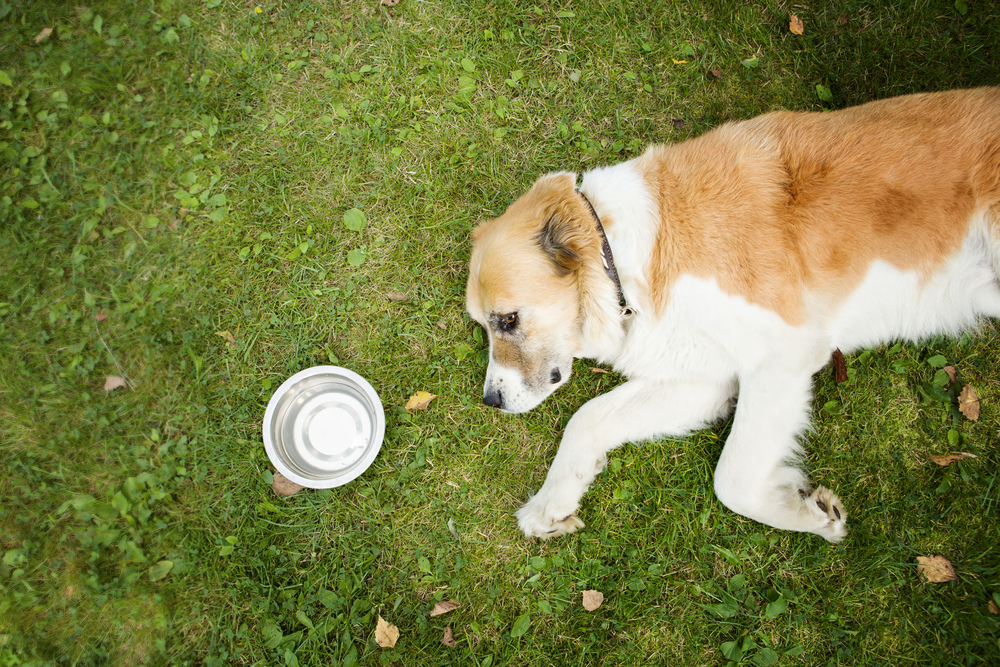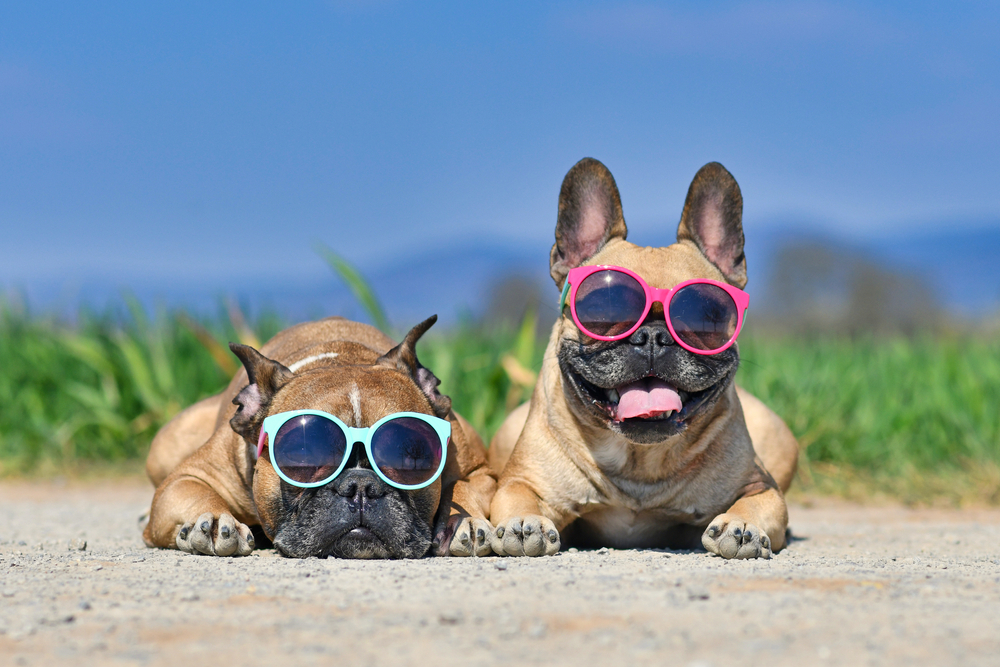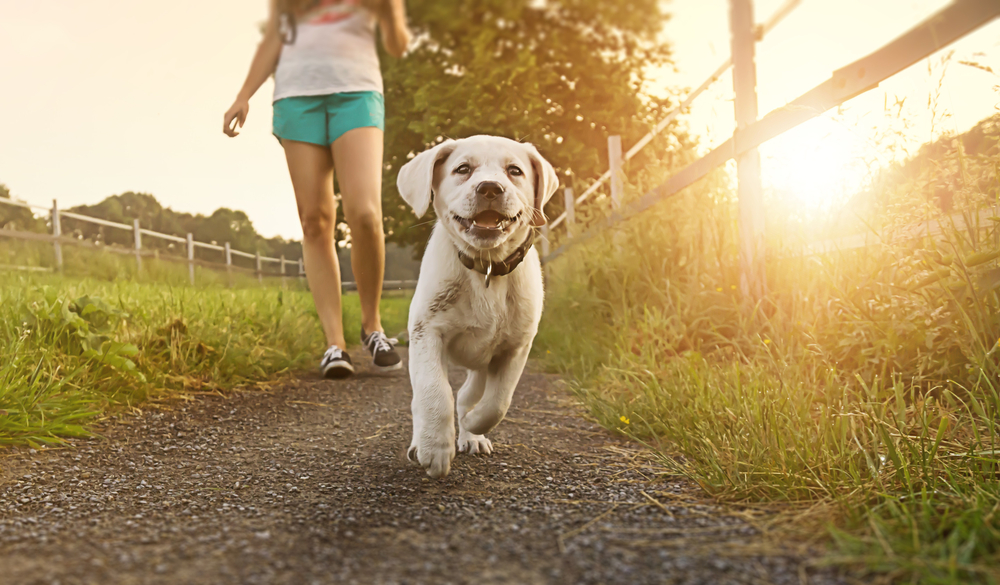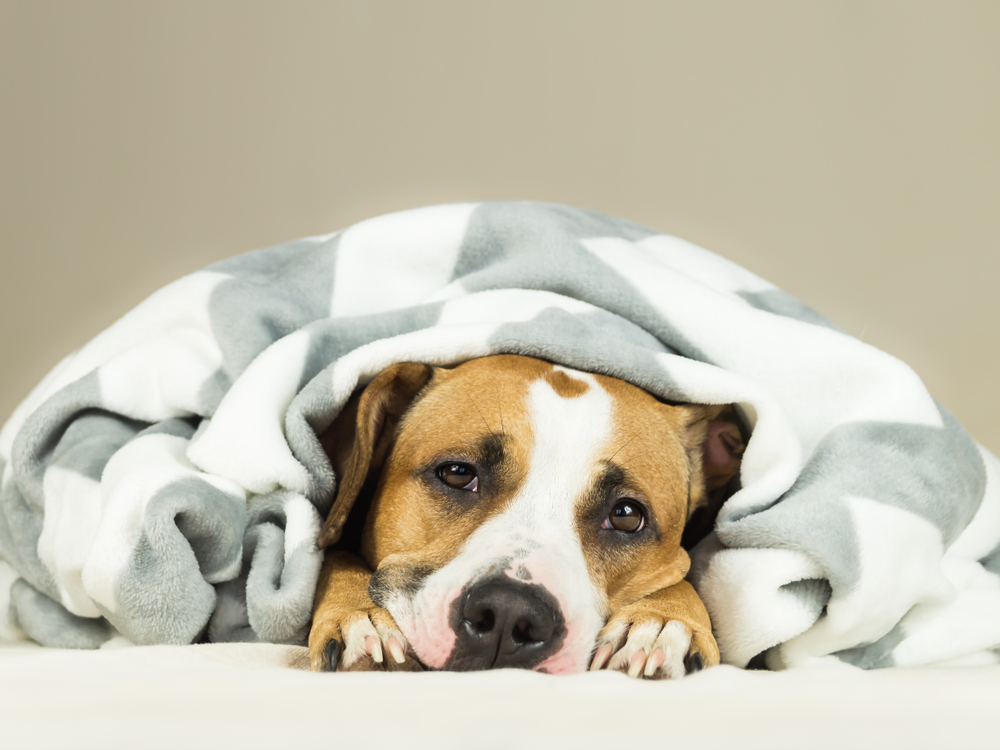
Optimum Water Solutions offers a selection of water filtration systems for your place of business or office, and they also have your pet's best interests at heart.
Here are a few distinct signs that your pet may be dehydrated. Dehydration in pets, albeit readily avoided and treated, can result in irreversible organ damage and, if untreated, can be fatal. During the hotter months, pets are more likely to become dehydrated. By being aware of the symptoms, you can keep an eye out for your pet and make sure they're constantly getting enough fluids.
How Does Dehydration Affect Pets?
There are two primary causes of pet dehydration. For starters, pets might occasionally become dehydrated by consuming less water due to access issues or illnesses that make them drink less. Dehydration in pets can also result from fluid loss brought on by illnesses like cancer, heatstroke, vomiting, gastroenteritis, diarrhea, urinary tract infections, and renal failure.
It should be emphasized that pets who are young, old, pregnant, or suffering from any of the ailments mentioned above are considerably more likely to get dehydrated. Water is vital to all of the physical processes of dogs and cats because it makes up 80% of their body.
Panting
Dehydration may be the cause of panting in cats and dogs. Your cats and dogs may begin to pant if she is dehydrated because their body is attempting to function normally but lacks sufficient water. This symptom is typically a more severe one of cat and dog dehydration.
Cats and dogs may also pant for other causes. While not all cats and dogs do this, sometimes they may pant when they are experiencing pain or are too hot. When panting is the sole symptom you have, it's critical to determine whether dehydration is the root cause or if a factor else is at play.

Loss of Energy and Appetite
Your cats and dogs will quickly lose their appetites if they are thirsty. They will lose interest in food, and they might not even be able to be persuaded to eat their favorite goodies. They may also lose energy, feel drowsy, or find it challenging to get up and move about much.
The sooner your cats and dogs are dehydrated, the more likely they won't be able to move around very much. Your cats and dogs must see the urgent vet as soon as possible if they are so sluggish that they cannot stand up.

Sunken Eyes
Roughly speaking, cats and dogs with really unhealthy eyes have sunken eyes. Your cats and dogs may have sunken eyes and may appear pretty ill in the face if their dehydration has advanced to a severe level. Eyes that appear glossy may also accompany the sunken eyes indication, yet another indication that the cat is ill.
Bring your cats and dogs to the vet as quickly as possible if it appears her eyes have sunken in. She might be thirsty, but she also might be ill, and this symptom could also be an indication of a more profound medical condition.
Gluey Gums
Sticky gums are trickier to identify than the other signs on this list. If you also have a cat and a dog, it's a great idea to grow accustomed to how healthy her mouth and gums are while the cat and dog are in excellent health so you can recognize when something's not quite right.
If you are familiar with the texture of your cat’s and dog’s gums, you could gently push your hands and fingers against them to feel for trashiness or sticky. Cats and dogs are likely dehydrated and want to see the doctor immediately if their gums feel tacky.
Fundamental Illnesses
Although underlying illnesses are not symptoms in and of themselves, if you are aware that your cat and dog have a known underlying condition, it might be simpler for you to spot when they are dehydrated. The longer an illness lasts, the greater the risk of dehydration in already ailing cats and dogs.
If your cat and dog have a known medical condition, keep an eye out for different indicators of dehydration. Bring them in for regular checks so you can monitor any issues and address them before they worsen. By doing this, you'll be able to spot dehydration in your cat and dog before it worsens.
Frequent Diarrhea and Vomiting
Additionally, compared to other cats and dogs, cats and dogs with frequent vomiting and diarrhea are far more prone to get dehydrated. In cats and dogs, vomiting and diarrhea can rapidly cause dangerously high levels of dehydration. Keep a close eye also on your cat and dog’s water intake if you notice they vomit or have diarrhea frequently—whether due to a recognized medical disease or an unidentified problem—to ensure they will not become exhausted from these symptoms.
Adding a small amount of chicken broth (without garlic or onions) to her dry diet can encourage your cat and dog to drink more liquids. They might be persuaded to take wet food instead, too.

Finally
Please keep in mind that this list does not cover all potential symptoms of dehydration in cats and dogs, so your cat and dog may also exhibit symptoms not included here.










Comments (0)
Leave a comment